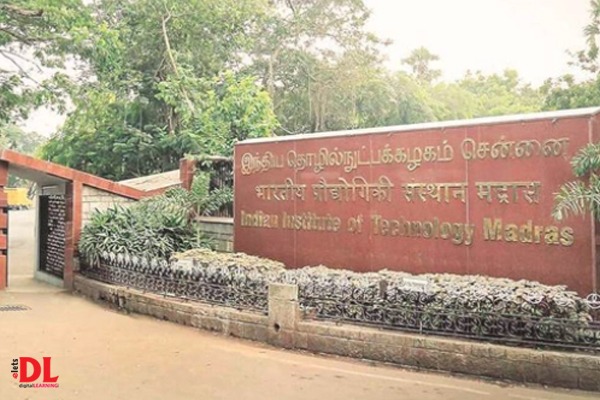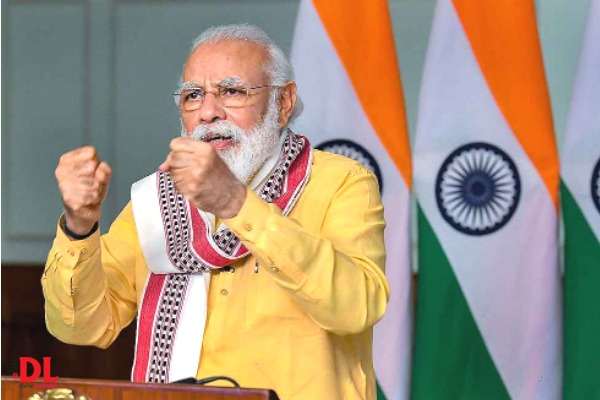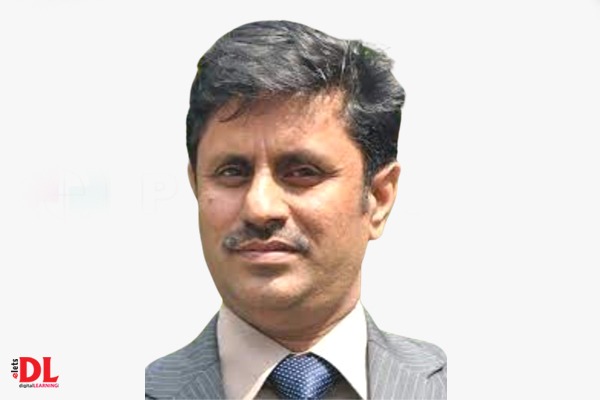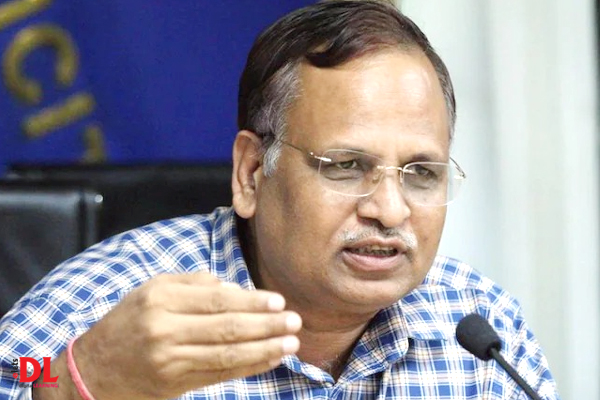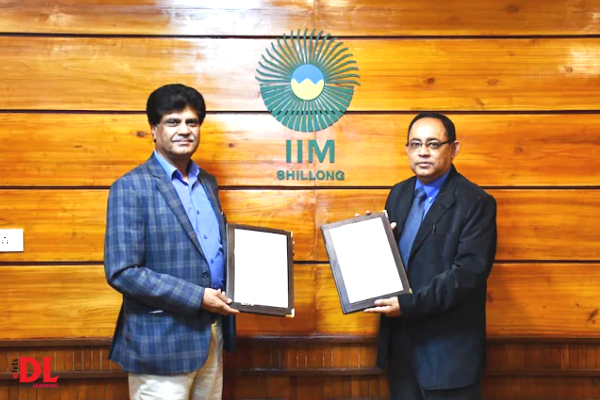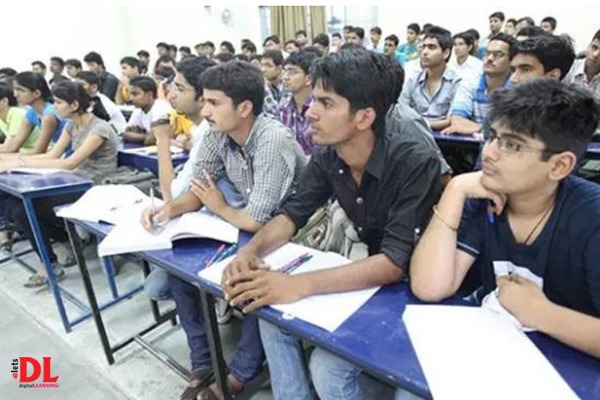Josh Talks, one of India’s largest regional content and upskilling platforms has announced that it has raised $3.5 million in a round led by Ankur Capital. Other marquee investors such as Vijay Shekhar Sharma (Paytm), Vaibhav Domkundwar (Better Capital), Vineeta Singh (SUGAR Cosmetics), Ritesh Agarwal (OYO), and Ankur Warikoo (ex Nearbuy), have also participated in the fundraise.
The Gurugram-based company aims to refine its product with the sole objective of making Josh Skills the preferred social learning platform for Bharat. It also aims to experiment with new product lines catering to the growing aspirations of the Tier 2 and Tier 3 users in India. Co-founded by Supriya Paul and Shobhit Bangra in 2015, Josh Talks uses its platform to generate content in the form of short talks and videos covering a range of stories from a myriad of sectors including entrepreneurship, sports, arts, and activism. The company leverages the power of storytelling to build solutions for the next generation of internet users while enabling them to unlock their potential.
Talking about the fundraise, Co-founder and CEO of Josh Talks, Supriya Paul, said, “”Over the last two years, we have doubled down on two things – growing our distribution across 10 languages and creating a product that monetises this distribution network. With the new capital, our goal is to expand our offerings, strengthen our executive team and take Josh to every household in India.”








